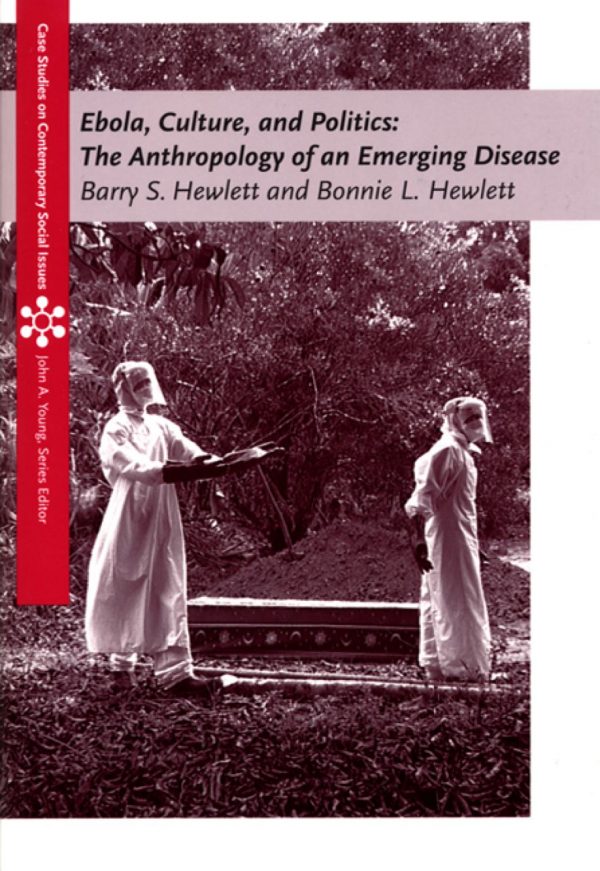-
×
 The Path of Philosophy: Truth, Wonder, and Distress
1 × $17.37
The Path of Philosophy: Truth, Wonder, and Distress
1 × $17.37 -
×
 Winning Grants Step by Step
1 × $8.75
Winning Grants Step by Step
1 × $8.75 -
×
 The Phoenix Project
1 × $3.25
The Phoenix Project
1 × $3.25 -
×
 The Earth and Its Peoples, Brief Volume II: Since 1500: A Global History
1 × $8.74
The Earth and Its Peoples, Brief Volume II: Since 1500: A Global History
1 × $8.74
Subtotal: $38.11

 The Path of Philosophy: Truth, Wonder, and Distress
The Path of Philosophy: Truth, Wonder, and Distress  Winning Grants Step by Step
Winning Grants Step by Step  The Phoenix Project
The Phoenix Project  The Earth and Its Peoples, Brief Volume II: Since 1500: A Global History
The Earth and Its Peoples, Brief Volume II: Since 1500: A Global History 













Reviews
There are no reviews yet